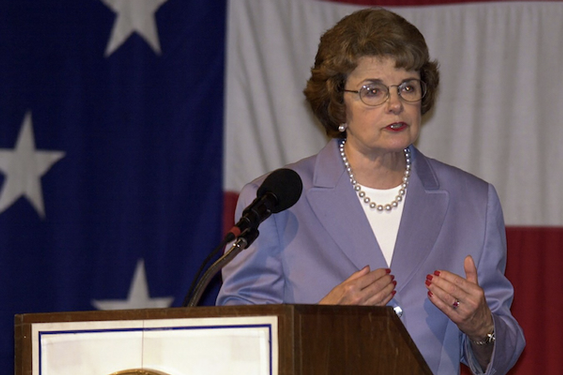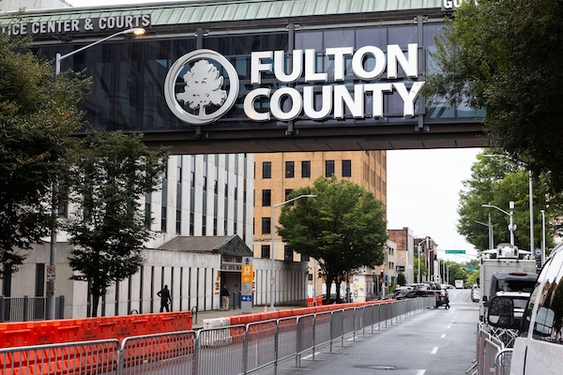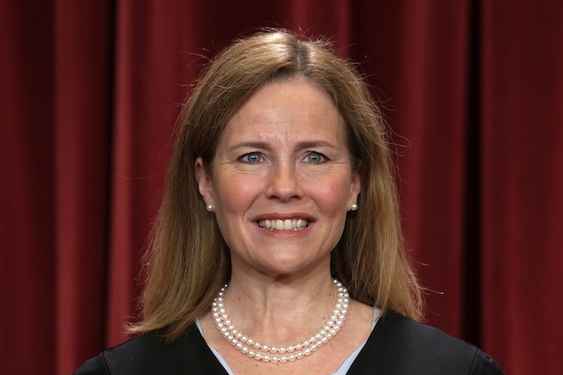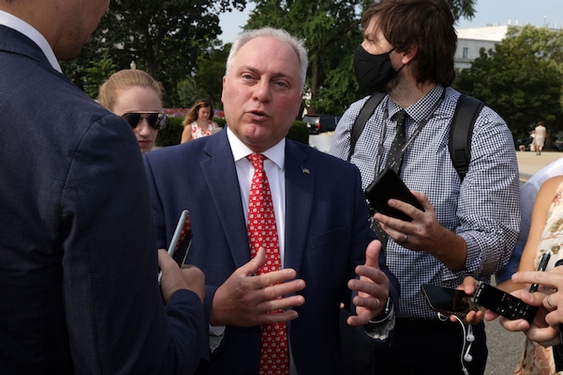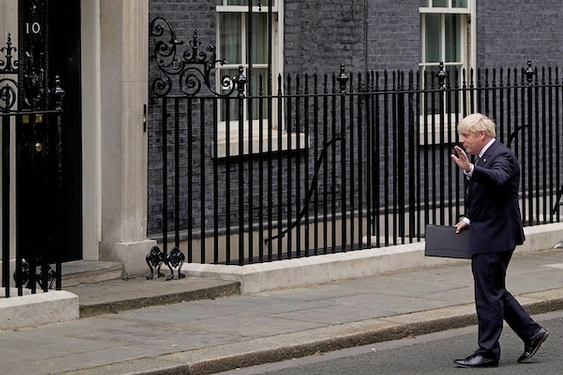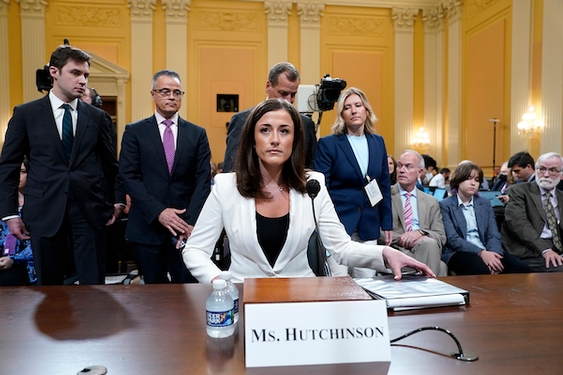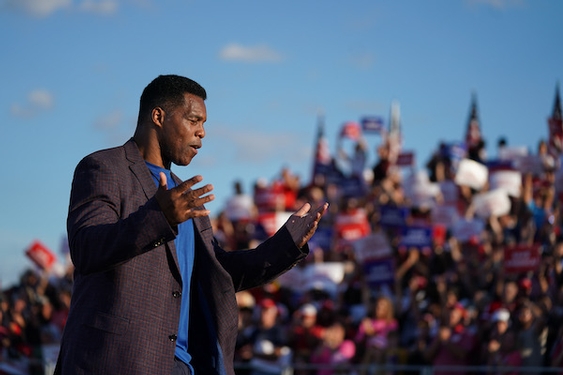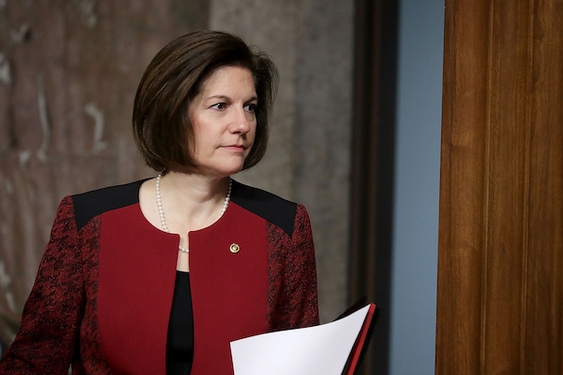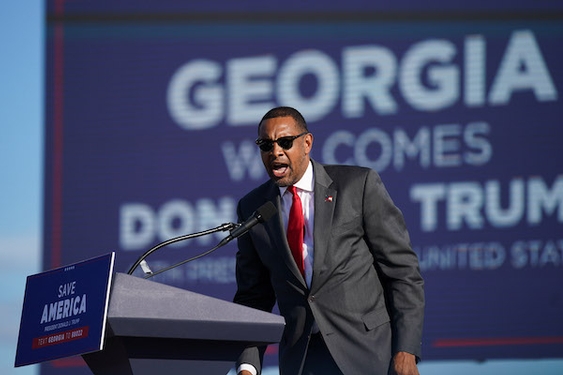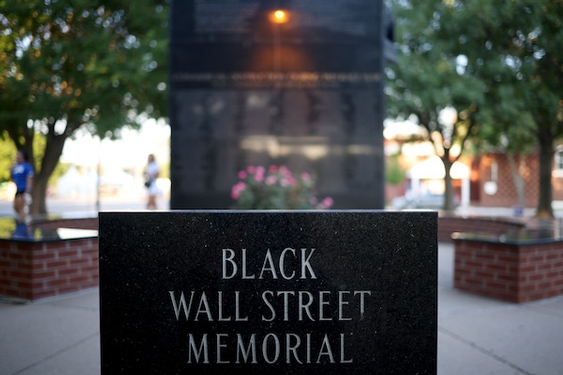Linda Parrick, sleep-deprived since Election Day, got up early. Meditated. Checked the news. (No news.) And had just sat down in her Long Beachhome to watch the University of Michigan Wolverines take on the Indiana University Hoosiers.
Shauna Davis was surrounded by hundreds of women and men who had gathered Saturday morning in Downtown Los Angeles to demand that the election process be protected from the partisan interference that surged as President Donald Trump lost ground during the slow, slow vote count.
And Anita Ross was curled up in bed in Sacramento when her daughter Kameela raced in. The 10-year-old had spent the week obsessively watching the electoral vote count's glacial progress. On Saturday morning, she had news.
The wait was over. Sen. Kamala Harris had been elected vice president, the first woman to reach that near pinnacle of U.S. politics. Oh yeah, and Joe Biden had prevailed over Trump in the race for the Oval Office.
Soon, mother and daughter were "hollering and screaming," said Ross, who is Black and Latina. For her daughters, Kameela and 12-year-old Angelina, "there is a sense of relief that they now have a model for what is possible for them. And so it is very, very, very inspiring."
And "emotional," she said, before pausing and choking up. "You know, the sky is the limit. Just to be able to see a Black woman, an Indian American, a woman, hold the VP position — it's been a long time coming."
A century, if your starting date is when the 19th amendment was ratified, giving women the right to vote in the United States. Women have been on major-party tickets on occasion over the past 36 years: Hillary Clinton, who lost to Trump in 2016; Sarah Palin, John McCain's running mate in 2008; Geraldine Ferraro, Walter Mondale's VP pick in 1984.
But never on a winning ticket. Until now.
Democrats — and some Republicans and independents — celebrated Saturday morning that the counting was over, that Biden and Harris had won, that civility was soon to return to public discourse. That victory resonated even more for many women and their daughters and mothers and sisters. Especially for those who are Black or Asian or Latina or mixed race.
When they look at Harris, they see the laughing, dancing, Chuck Taylor-wearing step-mom. They see the former prosecutor and senator from California who grilled then-Supreme Court nominee Brett Kavanaugh about whether he knew "of any laws that give government the power to make decisions about the male body."
They see power and poise. They see themselves.
Davis, who lives in Echo Park, danced and hopped along Hill Street in Downtown Los Angeles, holding a " Trump Pence out now" sign. The demonstration to protect the vote had morphed into a celebration. "I'm feeling very excited," the 27-year-old said.
She said she was elated that her grandparents in Florida, who are in their 90s, were able to see the elections of the first Black president and, now, the first Black vice president. She was single-minded in her revelry.
"It was completely about Kamala Harris for me," she said. "I feel supreme joy and excitement."
Melina Abdullah, co-founder of Black Lives Matter-Los Angeles, was on a family Zoom call Saturday morning when the news arrived. Immediately, she and all her relatives started typing in the chat, saying "Hallelujah." Abdullah felt overwhelming relief.
"We weren't even realizing the level of daily trauma we were experiencing at the hands of Donald Trump," said Abdullah, who is Black. At a rally in Pershing Square, she told people that they had voted out the most oppressive and violent president this country has experienced. And she told them they should demand something in return.
"We want good jobs and strong labor unions, and we want schools that are filled with librarians and nurses and counselors, not police. And we want universal housing and health care and mental health care and an end to spending on jails and prisons and police who abuse our communities and families," she said.
For Abdullah, the election of a Black woman as vice president resonated on a spiritual level. Both women attended Howard University and were members of the Black sorority Alpha Kappa Alpha. Abdullah recalled being inspired by Maxine Waters as a freshman in college but having few other Black women politicians to look up to.
She said her two daughters don't have the same experience. Her eldest, Thandiwe, asked Harris how she planned to hold law enforcement accountable at a town hall during the presidential primary.
"On an emotional and symbolic level, it's difficult to not celebrate Kamala Harris," Abdullah said. "When I was their age, I never would have seen anything like that."
Katie Kalvoda, a Vietnamese American from Laguna Hills, booked a hotel room in Washington, D.C., for her family after learning of Biden's and Harris' victory. The mother of two daughters had had election coverage playing on the television since Tuesday and promised her daughters a trip to the White House if their candidates prevailed.
While Kalvoda was proud to have backed Biden, she was prouder to see Harris make history.
"She broke the ultimate glass and bamboo ceiling," Kalvoda said. "I have no words for what this means for my daughters, who get to grow up with Harris as a role model."
Kalvoda got involved with politics after Trump was elected in 2016 and serves as a board member of the Asian American and Pacific Islander Victory Fund. Throughout the election season, her 10- and 12-year-old daughters were right beside her.
"They made check-in lists, passed out stickers and set up drink bars," she said. "A friend of my daughter's even asked Andrew Yang a question when he was at an event at my house."
Kalvoda's mission aligns with Harris' symbolic win: She wants to empower young women and Asian voters — because Harris' victory did just that for Kalvoda's family.
"The Asian American community can coalesce in this," Kalvoda said. "We don't all have to be Indian American to celebrate that she's an Asian American and an immigrant."
Faraja Isingo brought his 9-year-old daughter, Fortney, to the White House Saturday evening to celebrate the historic moment. Isingo was born in Nebraska, grew up in Tanzania and returned to the United States when he was 12.
"First of all, I've come here and brought my daughter to witness this special event in her lifetime, Kamala and Biden," Faraja said. "We are just so excited to witness the first Black woman elected as vice president, with her father from Jamaica and her mother India."
Fortney wore sparkly white boots with fuzzy trim and held two sunflowers. She looked down at the White House from atop her father's shoulders. She peered over the tall fence surrounding that seat of power.
She said she wants to be a doctor when she grows up, "because I think it makes me smart, and I like to study."
But she also said she thinks more little girls will consider the big house in front of her, "now that there is a girl who is gonna be vice president."
___
By Andrea Castillo, Ruben Vives, Anita Chabria, Maria L. La Ganga and Molly O'Toole - L.A.Times. Vives and Castillo reported from Los Angeles, Chabria from Sacramento, O'Toole from Washington, D.C., and La Ganga from Boise, Idaho. Seema Mehta in Los Angeles and Stephanie Lai in Orange County contributed to this report.)
___
(c)2020 Los Angeles Times
Distributed by Tribune Content Agency, LLC



